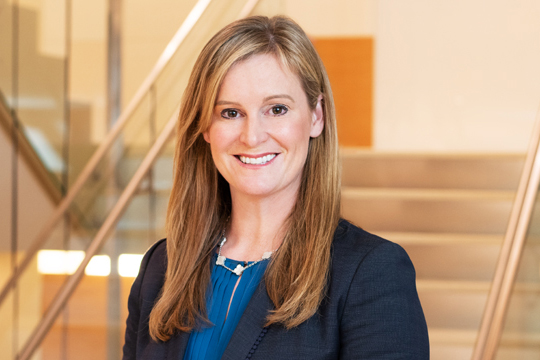The spring semester got off to a busy start in January with speakers and presentations on an array of topics. Panelists at one event (including Heather Egan Sussman ’00, pictured above) focused on career opportunities in the burgeoning field of cybersecurity and privacy law, for example, while scholars in administrative, LGBT, and tax law participated in BC Law’s Regulation and Markets and Tax Policy workshops. A Fifth Circuit judge bemoaned the level of the nation’s civic intelligence, and the student group APALSA considered the Supreme Court’s Trump v. Hawaii decision on the day that honored Japanese-American civil rights activist Fred Korematsu.
And that’s not all. Read on.

PIE, the Program on Innovation and Entrepreneurship, invited two experts, Heather Egan Sussman ’00 and Aravind Swaminthan, from the new Boston office of Orrick to discuss the growing practice of cybersecurity and privacy law on January 17. They explained what these rapidly evolving fields entail as well as what lawyers need to know to prepare for legal careers in both areas.
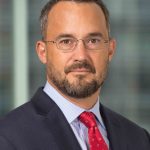
Clark Neily of the Cato Institute joined BC Law’s Federalist Society January 22 to discuss prosecutorial immunity, why it exists, and potential abuses. Neily, a published author and frequent guest speaker, is the vice president for criminal justice at the institute, where his areas of interest range from constitutional law and over- criminalization to police accountability and gun rights.
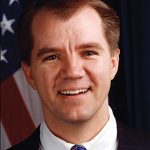
The Federalist Society held the January 25 event “Flunking on the Founding: Civic Illiteracy and the Rule of Law.” The speaker was Hon. Don Willett of the of the United States Court of Appeals for the Fifth Circuit, who talked about the nation’s civics knowledge. He brought a wealth of observations to the subject acquired during a dozen years on the Supreme Court of Texas and as legal counsel to many influential people, including the President of the United States.

BC Law’s Regulation and Markets Workshop January 29 featured lecturer Bijal Shah. An associate professor at Arizona State University’s Sandra Day O’Connor College of Law, Shah shared insights into administrative law, structural constitutional law, immigration law (including “crimmigration”), international human rights law, and LGBT law. Prior to entering the academy, Shah was with the DOJ’s Executive Office for Immigration Review.
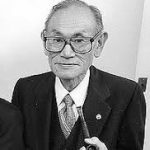
APALSA celebrated Korematsu Day January 30 by exploring the legacy of Fred T. Korematsu in the context of the 2018 Supreme Court decision Trump v. Hawaii. Korematsu, a national civil rights hero who was convicted of defying government orders after refusing to go to a Japanese American incarceration camp in 1942, grabbed headlines in 1983 when the Supreme Court revisited the case and overturned his conviction. In the more recent Trump v. Hawaii, the court prevented President Trump from restricting travel to the US by people from certain nations, determining that his proclamation was based on anti-Muslim animus.
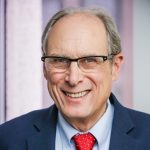
The Tax Policy Workshop’s February 1 session featured Eric Toder, an Urban Institute fellow and co-director of the Urban-Brookings Tax Policy Center. He oversees the modeling team at the center, where he is the leading expert on corporate and international tax and tax compliance issues and authors and directs research studies. Widely published, Toder is an authority on tax policy and retirement policy issues, including corporate tax reform, distributional effects of tax expenditures, carbon taxes, value-added taxes, net benefits of Social Security taxes and spending, tax compliance, and the effects of saving incentives.
The Environmental Law Society held an event January 31 on Green Home Rule, featuring Oliver Sellers-Garcia, director of the Office of Sustainability and Environment in Somerville, MA. The gathering explored the role of local governments and the struggle they face against climate change.


